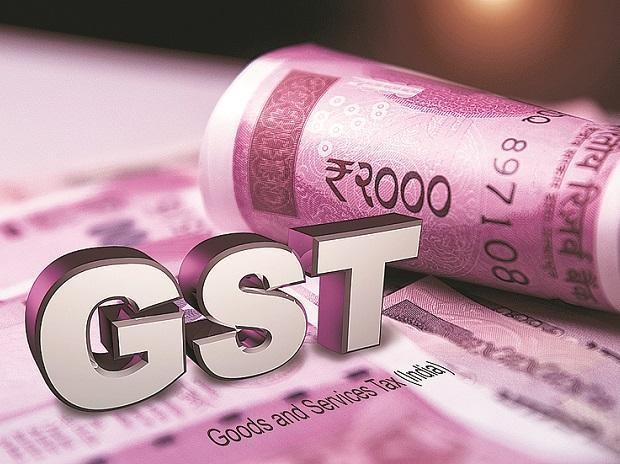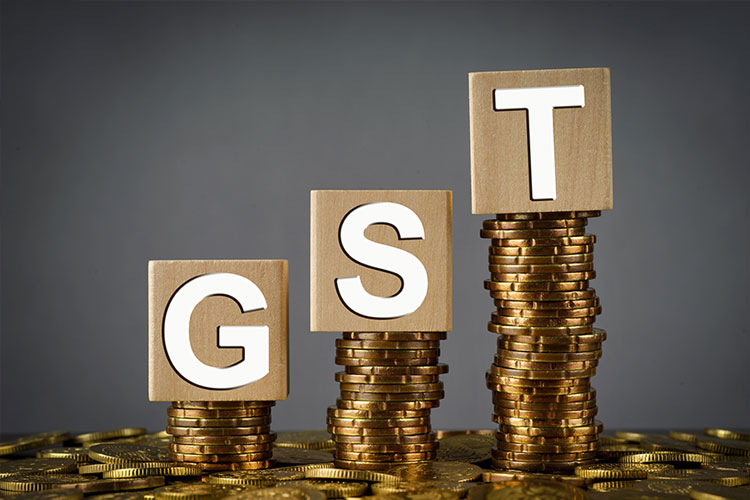
GST on Lottery Has Reached a Stumbling Block.Read to Know
The tax rates of lotteries have come under the scrutiny of people and the media. The future of Indian lottery stands on troubled waters. Let us understand why-
The Crux of the Matter
The government is finding it difficult to place lotteries under a particular GST category. Due to its nature, the regulation of a lottery potentially involves a negotiation between the state and the Centre. Prior to the introduction of GST, the centre had no authority in the lottery taxation process. Lotteries are particularly popular in the states of Sikkim, Kerala, Punjab, Maharashtra, and West Bengal. They are all against bringing the lottery under the ambit of GST. However, the state of Kerala has a political perspective when it comes to taxing the lottery. It is treated as a vote bank for a particular stratum of people hailing from Kerala. Hence, no party is willing to depart from its control over the lottery. Kerala had banned the operation of private lotteries in the market. This ban was met with a judicial judgment, and the Kerala state government introduced tax policies, which made the survival of private operators in the market difficult.
When the Centre brought forward the implementation of GST, it proposed a 28 per cent tax slab for state authorized private lotteries and only 12 per cent tax applicable on state lotteries. This high barrier between the two forced private lotteries to go out of business thus, creating a sort of one-way channel that would help the Kerala Government immensely.
The GST Scrutiny

Other states continued to run their lotteries via agents and paid the 28 per cent tax. However, in Kerala, the tax revenue from the lottery was substantial, despite the 12 per cent tax. A few years back, the lottery revenue was estimated to be approximately INR 5,440 crore. This figure shot up to INR 9000 crore in the year 2017-2018. The lottery revenue is expected to rise to INR 11,863 crore in the near future. This GST structure has proved to be favourable to only Kerala.
The GST structure has come under the scrutiny of states like Assam and Goa. Assam has demanded a single tax rate for both, the state authorized and state-run lotteries. This lobbying for a single tax rate will affect the Kerala State lottery and lead to a political fallout in the state.
Several GoM meetings were held, but nothing solid could be achieved out of it. The meeting led by the Kerala Finance Minister TM Thomas Isaac has disapproved the change in the tax rates. In addition, while presenting the state budget, he credited the revenue from the lotteries because of imposing restrictions on the unfavourable trends and entry of other states in the lotteries. Finance Minister of Kerala, TM Thomas Isaac had posted on his social handle, prior to the GoM meeting that Kerala stands against any change in the current tax structure of the lotteries. He expected 11 states to support Kerala’s stand on the lottery tax slab. However, the change in the lottery tax structure seems unlikely just before the elections.

In brief, the GST on lotteries has hit a political barrier with unclear direction from both the Centre and the state governments. As these matters are looked into, people are slowly losing interest in lotteries. The future of lottery in India is slowly being jeopardized. However, you must know that international lotteries are ambit from Indian tax laws. You can play international lotteries from the comfort of your own home thanks to Lottoland! It is the world leader in providing a platform for International lotteries. With the Land of Lotto making its way in India, anyone can get rich!









